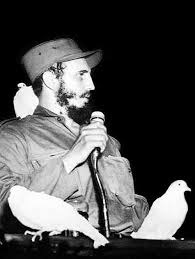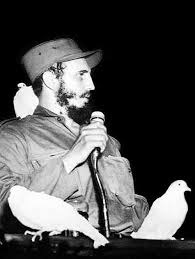
My worldview is formed by the political and cultural contexts of the United States of America and Cuba, which have very different realities, the former in decadence, and the latter seeking to construct a better nation and a better, more just world. The USA today is in the midst of a multidimensional crisis, in which it is handicapped by a broken discourse, an incapacity to discuss and reasonably debate. In contrast, Cuba is showing that the construction of a viable national project with meaning and purpose is possible. In addition, from the vantage point of Cuba and the character and quality of its news and commentaries, one sees that this phenomenon is not restricted to Cuba, but also is found in countries like China, Vietnam, Iran, Venezuela, Nicaragua, and Bolivia.
In the context of the moral crisis of the West and the empirical demonstration of an alternativ…


